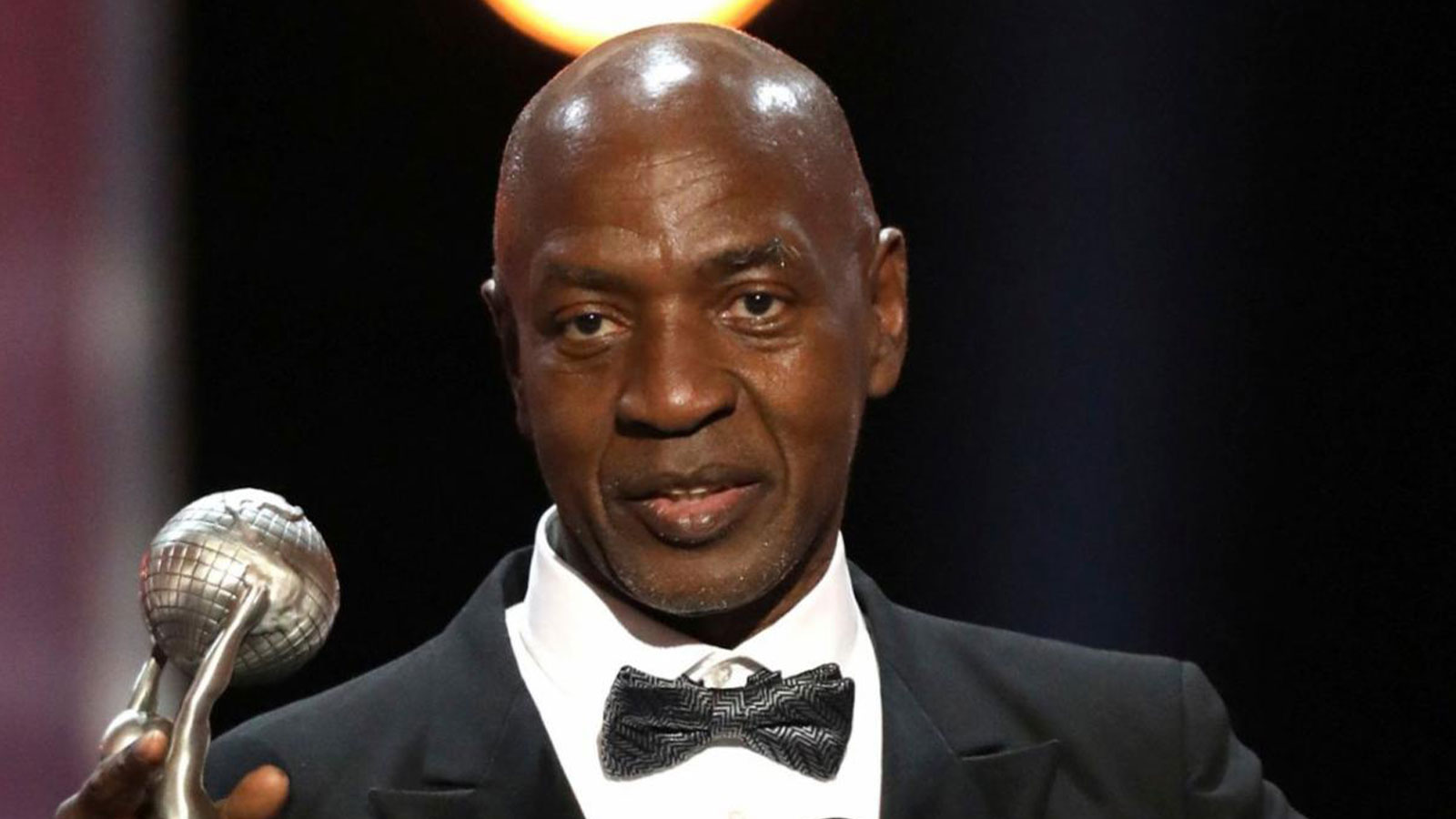Charles J. Ogletree, Jr., who distinguished himself in the courtroom and the classroom at Harvard University Law School, died on Friday in Odenton, Maryland after a long battle with Alzheimer’s disease. He was 70.
Affectionately known as “Tree,” he gained national recognition in 1991 as the attorney for Anita Hill after she accused Clarence Thomas of sexual harassment during his senate confirmation hearings.
In his book All Deliberate Speed, Ogletree recounted the harrowing three days at the hearings and the Senate’s ultimate approval of Thomas’s nomination. “The next day [Oct. 16], I went with Hill to the airport. She returned to Oklahoma and I to Cambridge. Thomas had survived all of the challenges to his confirmation, and he took his seat in the Supreme Court that week. Once he was in the Court, it did not take him long to show his true colors.”
Ogletree devoted a searing chapter about this historical moment, and it was emblematic of his sterling career as a lawyer and legal theorist. “Charles was a tireless advocate for civil rights, equality, human dignity, and social justice,” said Harvard Law School Dean John F. Manning, in a statement he addressed to the campus community and emailed to the Associated Press.
“He changed the world in so many ways, and he will be sorely missed in a world that very much needs him,” Manning continued.
While the bulk of his book chronicles his legal career, Ogletree expends some riveting family history that for him began on December 31, 1952, in Merced, California, where the grueling migrant experience was vividly captured in Steinbeck’s novel The Grapes of Wrath. “From the time I was born until I left home to go to college eighteen years later, we moved constantly, always facing poverty,” he wrote.
He recalled his first experiences in elementary school were fond ones. “My classmates, all poor and working class, were predominantly Black and brown, with a few whites,” he continued. “The topic of race never came up in those early days, and we all felt equal.” By the time he left Merced in 1971, he reflected. “much had changed in my life. The Brown decision was instrumental in persuading colleges and universities to open their doors to students like me, and I was more than willing to enter.” He didn’t spend too much time discussing his achievements in high school, though he was the first African American to be president of the school’s student body. Even so, he headed off to Stanford, which wasn’t that far away in miles, though leagues away otherwise, with mixed emotions, he confessed.
At Stanford, Ogletree was a standout student, chair of his BSU, and a vocal opponent of the racist ideas promoted then by William Shockley, a harbinger of his relentless political activism. If there was a milestone to his promising career in the movement it occurred when he led the protests against the appearance of Daniel Moynihan as their commencement speaker in 1975. His opposition to the reactionary ideas of Moynihan was fueled by the influence he gained from his mentor St. Clair Drake, the eminent scholar and historian. All of this activity forged a stepping stone to his journey to Boston and into the hallowed halls of Harvard Law School, where his leadership acumen was indispensable to the BLSA (Black Law Students Association).
Ogletree arrived in Boston just in time to get deeply immersed in a number of civic disturbances, none more critical to his development than the busing fiasco, and he began working with community activists and the NAACP while maintaining a rigorous academic schedule. “When I left Harvard Law School in 1978 and moved to Washington, D.C.,” he wrote, “the judicial system was undergoing an enormous transformation, which would have a profound impact on Brown’s legacy and the legacy of Justice Marshall and Dr. Martin Luther King, Jr.”
He began his legal advocacy as a District of Columbia Public Defender Service in 1985, first as a staff attorney, then as training director, trial chief, and deputy director. The renowned rapper Tupac Shakur was among his clients. In 1985, he became a professor at Harvard Law School, where Barack and Michelle Obama were among his students. In 1992, he became the Jesse Climenko Professor of Law and vice dean for clinical programs.
His involvement in the reparations movement brought him into working relations with Johnnie Cochran, Randall Robinson, and Queen Mother Moore, who left a deep and abiding impression on him.
An inexhaustive legal adviser and writer, his articles, book chapters, and his books provide an extensive trove of scholarship, including
From Lynch Mobs to the Killing State: Race and the Death Penalty in America (ed. with Austin Sarat, New York University Press 2006). In February, a courthouse in Merced, California, was named in his honor, following a ceremony hosted by the Superior Court of California, County of Merced.
He is survived by his wife, Pamela Barnes, to whom he was married for 47 years; his two children, Charles J. Ogletree, III, and Rashida Ogletree-George; and four grandchildren.















